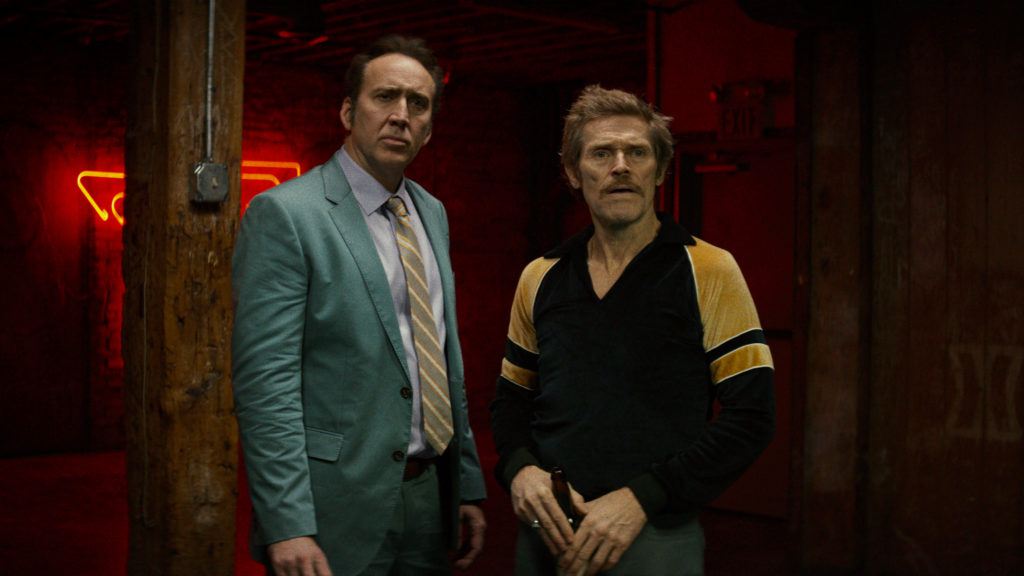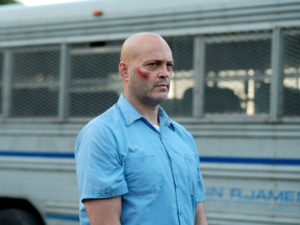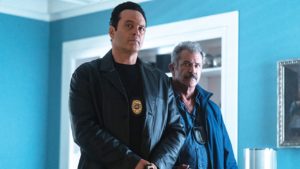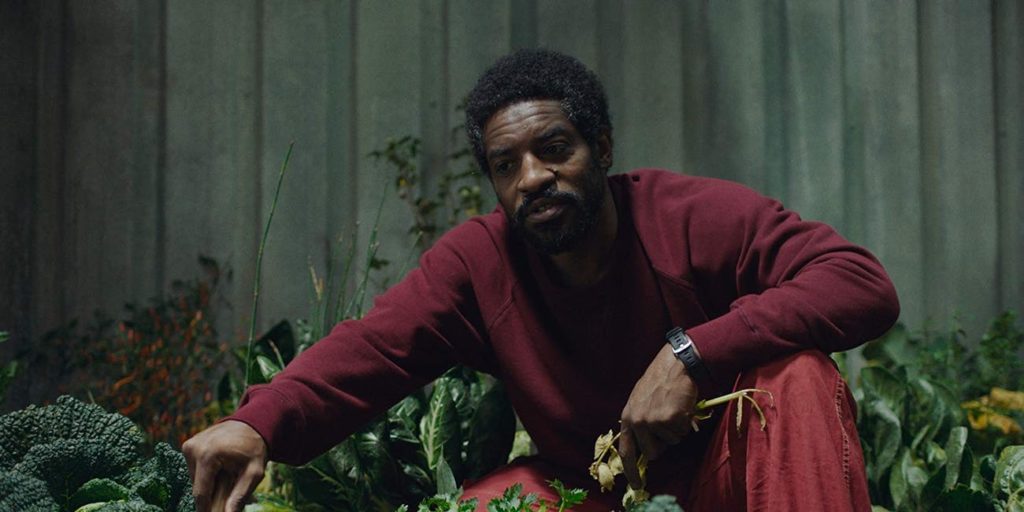
Ben King is a contributing writer for Boston Hassle’s film section. –OG
I got married this year. I still laugh a little a bit every time I say something like, “my wife did this,” or “at our wedding, this happened.” It’s been a great transitional time in my life. With every passing day, I am grateful for where I am. Obstacles hit both my wife and I this year, but we are blasting through them. We’re resilient together. It’s part of the reason I married her. I like to think we’re making our own movie as we go through this all together.
As the year comes to a close, so does my time with films this year. Again, the year has changed me, and I believe I look at the films I’ve watched this year a little differently. Movies with dramatic, romantic, or heartbreaking relationships give me something to think about as I step away from them, but I can also identify characters’ motives and emotions more than before. I’ve caught myself thinking about many films this year days after watching them to see if I can learn a thing or two. I also caught up with or rewatched several Dario Argento films because I watched the new Suspiria, really disliked it, and found myself going through his work for a palette cleanser.
Besides connecting to different aspects of a film I might not have previously felt, I also got myself into different features that I’ve been dying to see, went in totally blind, or was recommended to by The Langlois Gang (great podcast you can find online). It’s difficult to pick just ten to talk about, as it is every year. Here are a few honorable mentions before the big ten.
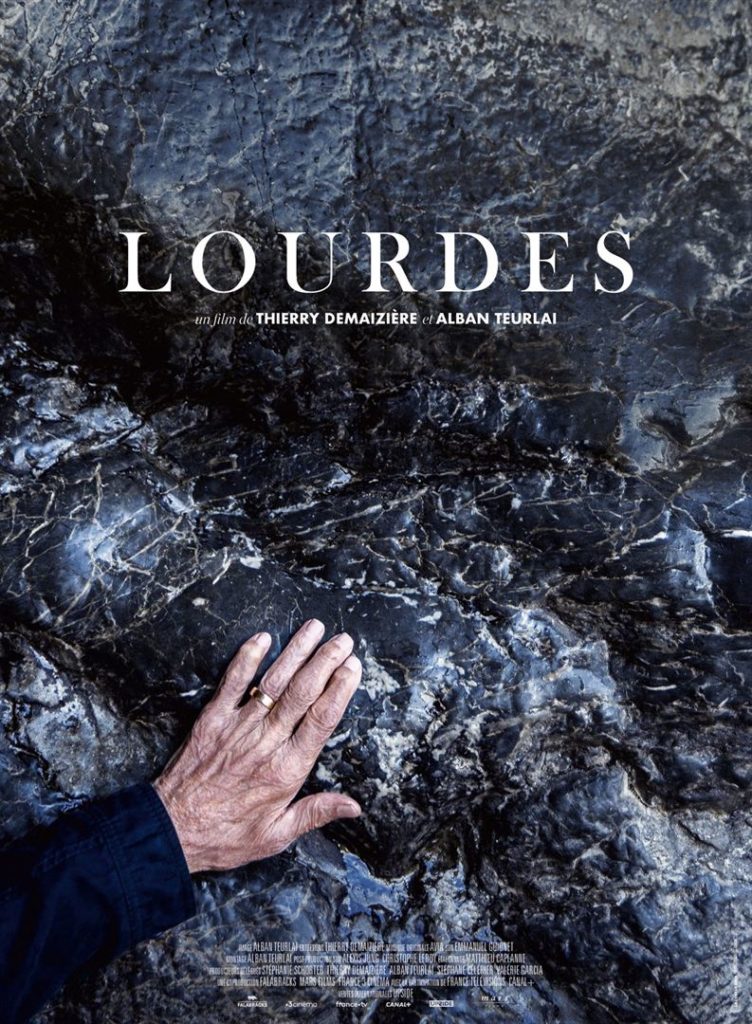
Lourdes (2009) dir. Jessica Hausner
A slow, meticulous study of keeping faith while questioning all of it. Sylvie Testud’s wheelchair-bound character is in an environment where miracles are believed to just happen. Testud’s questioning of what her faith in the church is like as the real world permeates her mind makes Lourdes an emotional piece, maybe more-so who follows their own faith.
Dog Eat Dog (2016) dir. Paul Schrader
While First Reformed was a perfect example of a director using all of his experience and weapons at his disposal to craft a film so damn perfect, Dog Eat Dog sets that film on fire with its aggressive nature. Nicolas Cage and Willem Dafoe give powerhouse, adrenaline-fueled performances. Schrader tears into this film with claws sharper than Wolverine’s own set.
Brawl In Cell Block 99 (2017) and Dragged Across Concrete (2018) Dir. S. Craig Zahler
It’s impossible not to put these films side by side. Brawl In Cell Block 99 is a maddening, slow descent into Hell. Vince Vaughn is perfect. When shit hits the fan, it hits an airplane engine. I was cringing and gasping during the most violent parts. Dragged Across Concrete is very similar in the way that Zahler’s slow burn narratives are centered around awful people. The chemistry with Vaughn and Gibson here is great. Both play off each other really well. I’m eagerly anticipating what Zahler does next.
There’s plenty more, but we have to get the show started. Here are the top films I watched in 2019.
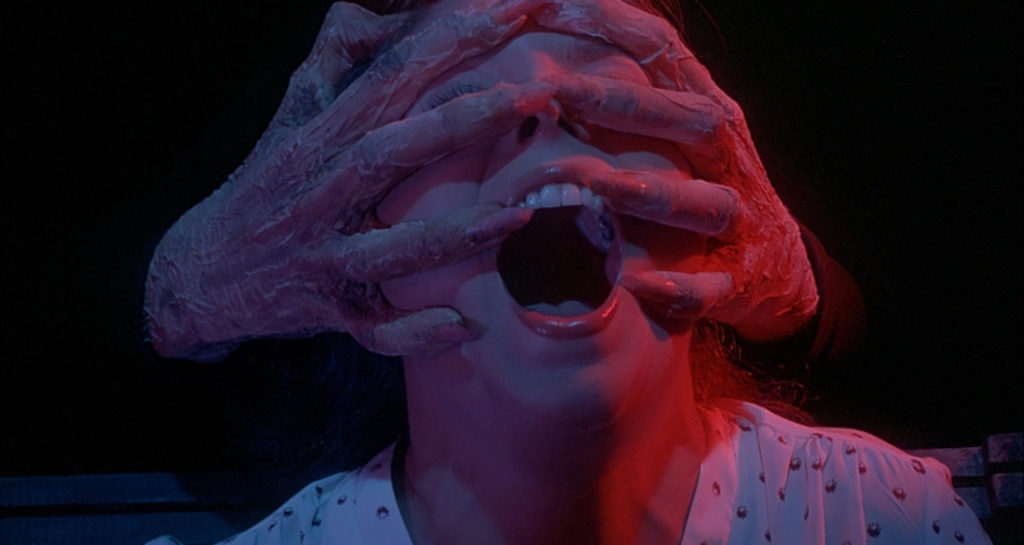
10. Inferno (1980) dir. Dario Argento
In terms of fright, Inferno is the one Argento film that genuinely terrified me. Argento’s approach to horror is digested in multiple ways. Visually, Inferno is packed with macabre imagery and beautiful colors. I think this film works best in a visual sense. Small little frames give you a glance at the hell Eleonora Giorgi’s character goes through. For example, seeing the lizard scarf down a moth is an uncomfortable foreshadowing. Many moments are without dialogue to slowly allow the viewer to trudge through an unpleasant experience. I was so unsettled at quiet moments, almost equally as the terror that’s thrusted in front of your face. The slow walks through hallways going towards some kind of nightmare is just as effective as Giorgi’s swim through the dead bodies.
Argento’s run of Deep Red, Suspiria, Tenebre, and Inferno is staggering to say the least. I would kill to just sit down and plow through his work in a day.
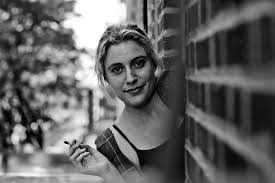
9. Frances Ha (2012) dir. Noah Baumbach
If you want to feel miserable for over two hours, watch Baumbach’s latest, Marriage Story. If you want to watch something that’s light, heart-warming, funny, life-affirming, and excellent, watch Frances Ha. This gets placed in my bucket of films I watch to smile the entire time. I was surprised by this. The dialogue feels so calculated and somewhat stiff at times. For some reason, I found myself engaged with these characters. The day-to-day narrative of the film is very simple, and I think that’s why I loved it so much. Sometimes, a drama can take itself too seriously when its narrative is so simple when broken down. Frances Ha knows exactly what story it’s telling, and nails it. Greta Gerwig is the magnet of the film. Every moment she is on screen, I’m smiling. Although, when she does go through her struggles, I empathize with her. The whole part with her in Paris is something that any person can relate to. Who wouldn’t want to take an impromptu flight to a place they are unfamiliar with just to escape the hellhole that is a nine-to-five week filled with bills, health, anxiety, and other general misfortunes of being an adult?
I said it in my Letterboxd review, and I’ll say it here: I would gladly marry this movie.
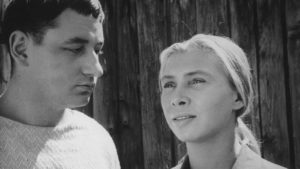
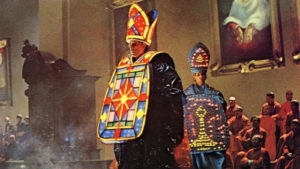
8 & 7. La Pointe Courte (1955) dir. Agnès Varda / Roma (1972) dir. Federico Fellini
These are put together because I want to talk about how well these two films work as setting films. La Pointe Courte shines a light on the conditions of villagers in Sète, a southern village of France. A majority of the film is watching poor farmers and their families trying to survive. Varda captures rundown streets with people clearly in despair. There’s very little happiness in a place where some people can’t even do their jobs without an outside force bearing down on them. Many times, authorities flag fishers for grabbing their catch in a restricted area for ridiculous reason. It’s these moments where Varda implies survival is not the same for everyone. It’s a very somber film, one that almost never lets up, but rather leaves us with the question, “What will happen to these people, and others like them?” Fortunately, these people continue their lives. This is their one life, and they will live as best they can, no matter the tribulations.
The narrative surrounding the couple questioning their relationship adds another layer of reflection. It also allows us to take a breather from the miserable state of affairs in the village. They are always questioning if them spending their life together really worth it or even working. Their crisis of doubt and love is one that blends well with the feeling of hopelessness and courage.
Roma entranced me with Fellini’s homage to Rome. I adore watching films like these two because, in the event I am not able to see these areas of the world, I have films that beautifully capture it. They don’t just capture the landscape, but the people, emotions surrounding them, and what life is like in different communities compared to my own. It’s very similar to La Dolce Vita in that it’s a minimal plot. Scenarios play out with excellent performances, many of which feel so natural that it seems like Fellini’s crew was just standing there with cameras saying nothing at all. They are just capturing the moment. I could’ve watched this for another hour to take in what Rome is like. I was excited to see the next chapter of the film. The “fashion show” near the end had me speechless. Its final shot of motorcyclists riding through the night life is a perfect bow on top. We spend all this time twisting and turning through different areas of the renowned city, and now, we speed away with the people.
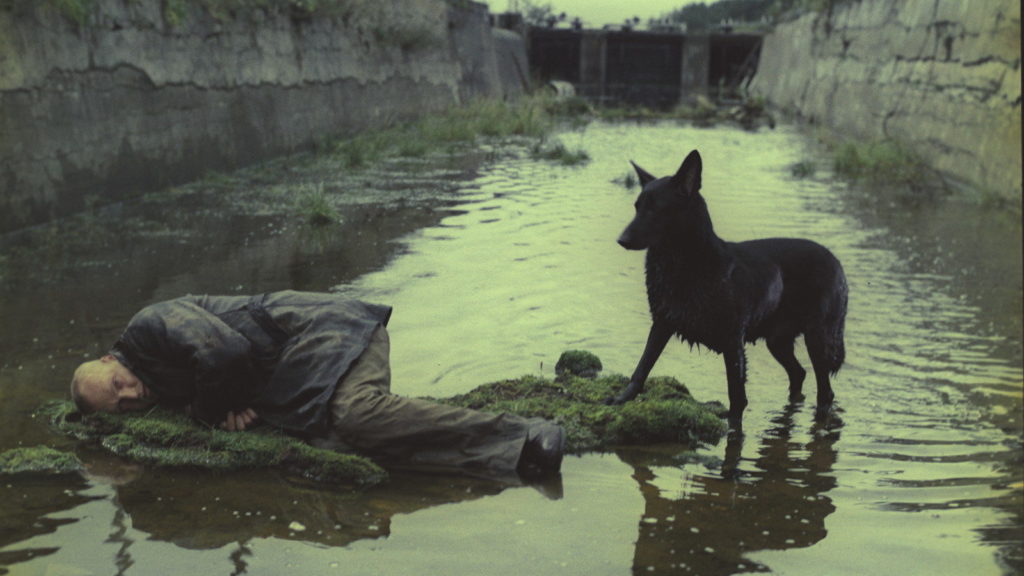
6. Stalker (1979) dir. Andrei Tarkovsky
One of the deeper films I saw this past year, Stalker’s imagery left moments in my mind that still linger months after viewing. The dog with the stalker in the river; the three men being mentally crushed at the end of the Zone; moments of silence and reflection. Tarkovsky’s nuclear epic is haunting, leaving much to unpack. Its themes are as deep as you want them to be. The three men trudging through the Zone is moral spiritual process that leaves the group utterly defeated, in a way, at the conclusion. What were they to find? Hope? A future that shines bright? In any case, it’s a complex film that only opens up the more you think about it. Its depressing nature is only enhanced after reading about the production of the film, where several members died of cancer supposedly spawned from the area the movie was filmed.
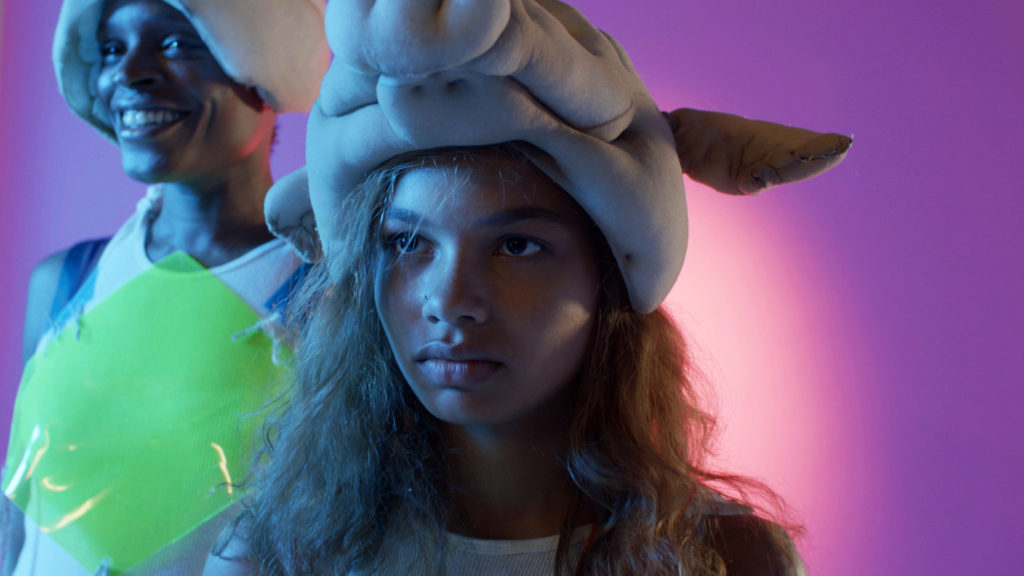
5. Madeline’s Madeline (2018) dir. Josephine Decker
It’s really difficult to write about Madeline’s Madeline. Just see it. It’s a surreal film that grips you with its abstract narrative and performances. Without notice, the film starts to blur fantasy and reality. There was this constant anxiety I felt watching the movie, as if I couldn’t quite grasp what was going on. This is the type of narrative I love. Decker’s ability to create that sense of unsureness is what makes it a rewarding movie to watch. I wanted to know what was happening at all times, and Decker does quickly, but pulls you away even quicker. Excellent work by Decker, and I’m excited to see more from her. Helena Howard blew me away. Her range of emotions she pulls throughout the movie is outstanding. The whole cast is excellent, and just add to the bizarre story the movie presents.
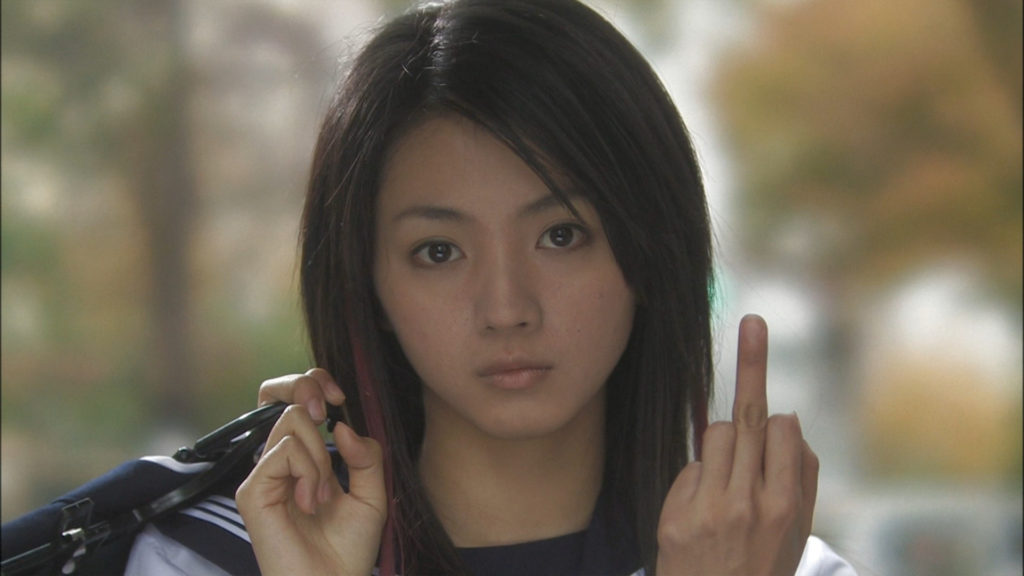
4. Love Exposure (2008) dir. Sion Sono
Sono is the train conductor to utter madness, and we just all have to remain in our seats no matter what happens. This 237-minute bonanza is one of my favorite viewing experiences simply because of how well Sono orchestrates perversion, friendship, religion, and more to make a cohesive film. It’s breathtaking that this film works, and how ambitious it is. Every time I thought I saw the best part, another curtain is drawn back to reveal something crazier. There’s no way to describe Love Exposure without calling it wild. It starts off with Takahiro Nishijima’s character trying to remain loyal to his church. From there, it branches off to conspiracy theorists, kidnappings, a lot of sexual content, unnerving violence at times, and just so much more. You must see this film.
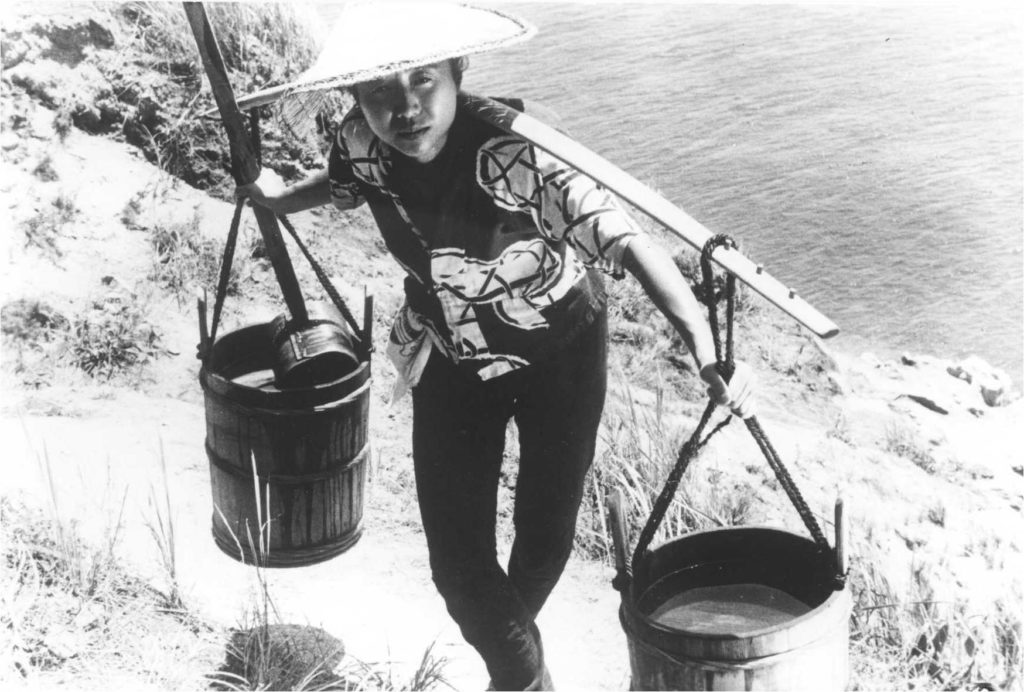
3. The Naked Island (1960) dir. Kaneto Shindo
An excellent example of showing so much while barely speaking a word. The film is almost void of dialogue. I think that’s one of the many strengths. Shindo’s direction of his actors is inspiring. These actors convey dread, hope, and melancholy with hardly any effort.
I really enjoy the film’s approach to finding connection to both our homes and family. This cast of characters are hardly surviving on this desolate, and what appears to be not very fertile, island where they farm to survive. Their undying effort to get by day-by-day with all these hardships on their backs is somewhat life affirming. These people are thankful for anything they can find useful, the support of one another, and any glimmer of hope they might find. I knew this was right up my alley when they row island-to-island to just gather water for their own home.
The part where they go to the restaurant with fish they caught made my heart glow.
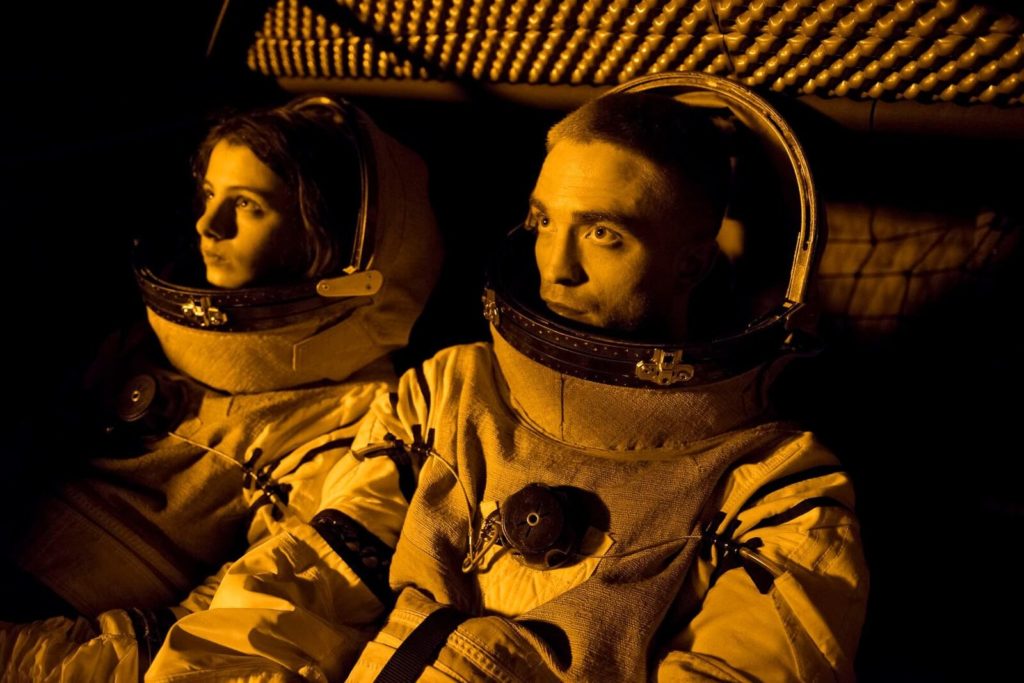
2. High Life (2018) dir. Claire Denis
A simple plot: a crew of prisoners serving death sentences are hurtling to a black hole to potentially extract energy from it. That alone made me anxious as to how this was all going to come together. When someone is near to the end, I assume everything feels like a black hole; everything around you is disappearing because this is the last time you’ll be around to see it. Denis’s film is deep, depressing, slow burning work that asks what will happen to us in the end, no matter who we are. The film makes your emotions boil even more with violence, cathartic moments, and philosophical conversations with André Benjamin (a great and unexpected performance). The final moments drifting right next to the black hole is very unnerving, as you know any second, the end is near. It’s haunting.
I also watched Beau Travail this year, which I adore. I watched it again the next day. High Life leaves a different impact on me to the point where, as I’m looking over at it on my shelf, I’m excited to watch it again and again until the world explodes
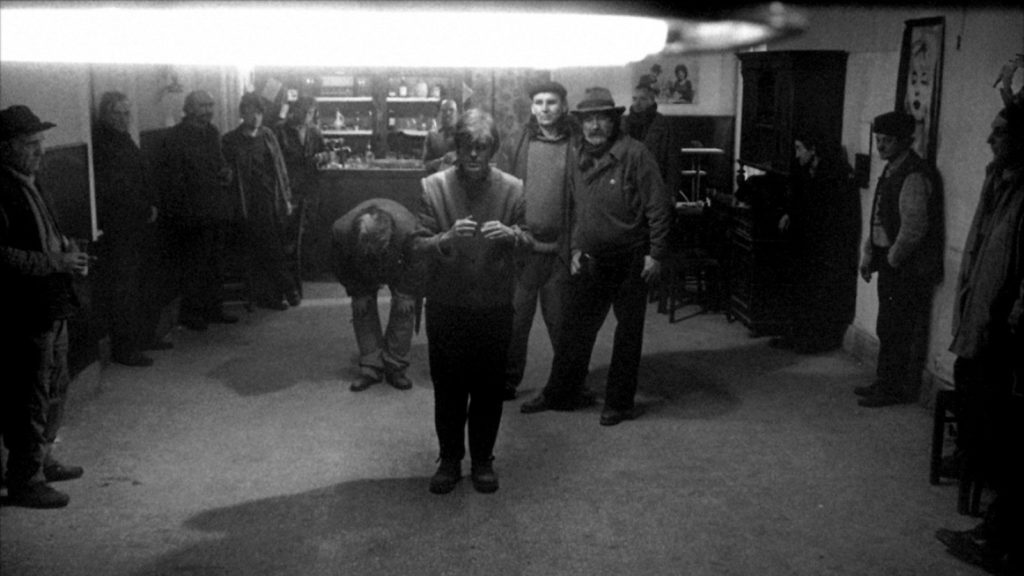
1. Werkmeister Harmonies (2000) dir. Béla Tarr
More than any film in 2019, this movie left me speechless. From what others had told me about it, Werkmeister Harmonies is an essential movie to watch. I can’t deny it after now seeing it twice. Told with 39 shots throughout the whole movie, Tarr’s metaphor of a society decaying into almost nothing with the use of a circus whale is a staggering experience. Every shot has something interesting happening. The negative space is effective in that it gives you the impression of a near-soulless community. Shots where every inch of the frame is used are great too. Just being so damn close to the whale’s body with Lars Rudolph’s character is so good. Seeing the whale for the first time gutted me. I felt so much dread upon seeing it. Much of the movie does leave you with dread seemingly because of the whale’s presence. You know it’s there withering away, and there’s nothing you can do about it. The scene where rioters beat a naked man in the streets cements that feeling of uselessness. What are you to do?
Proof reading this article makes me think that anyone reading this thinks I only enjoy movies that, narratively, are miserable. The answer is yes, I love watching movies that are, at their core, sad and depressing. For me, these works have me eager to see what else films can offer, and, if I am to make a few some day, how I can convey my own emotions into visuals. I hope you all have a great 2020, and you find and hold onto love.

